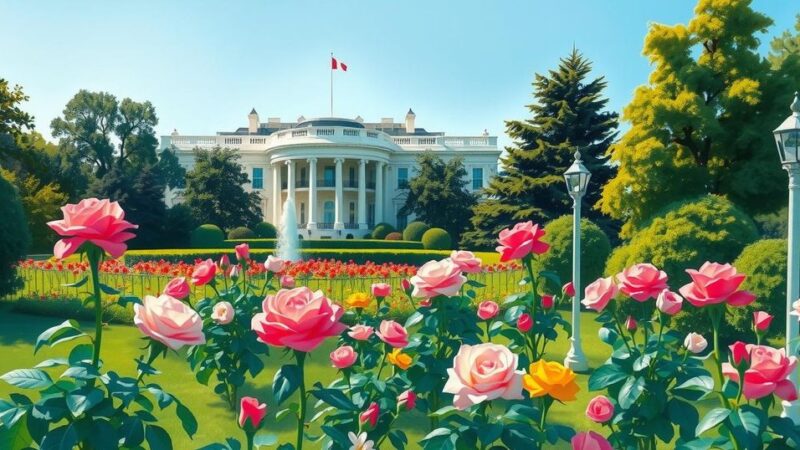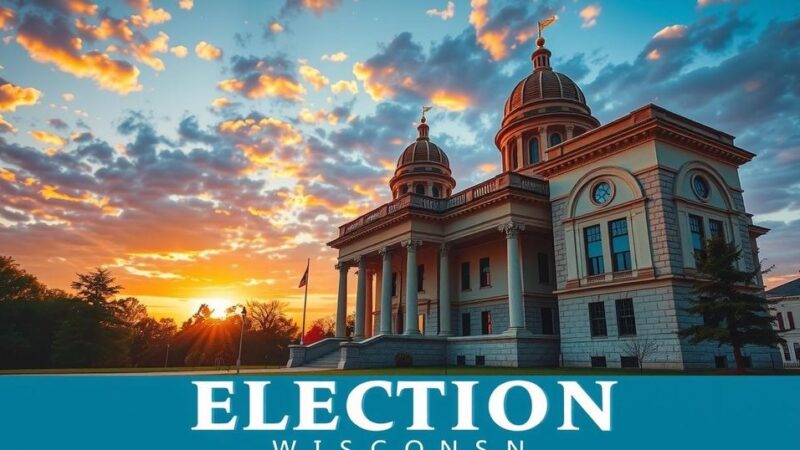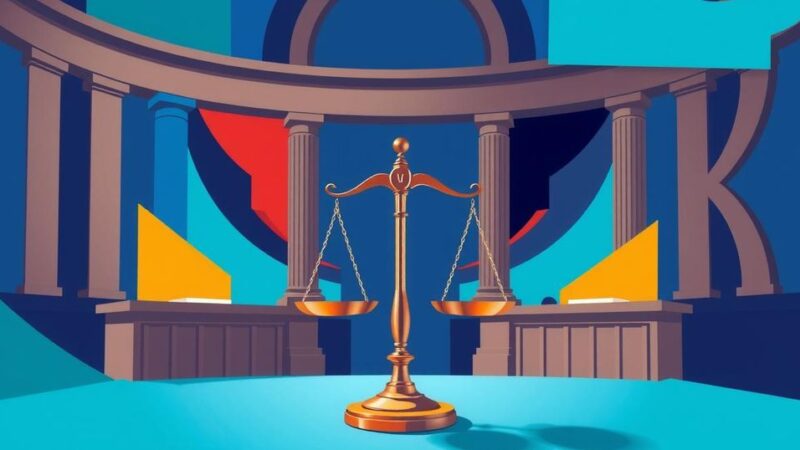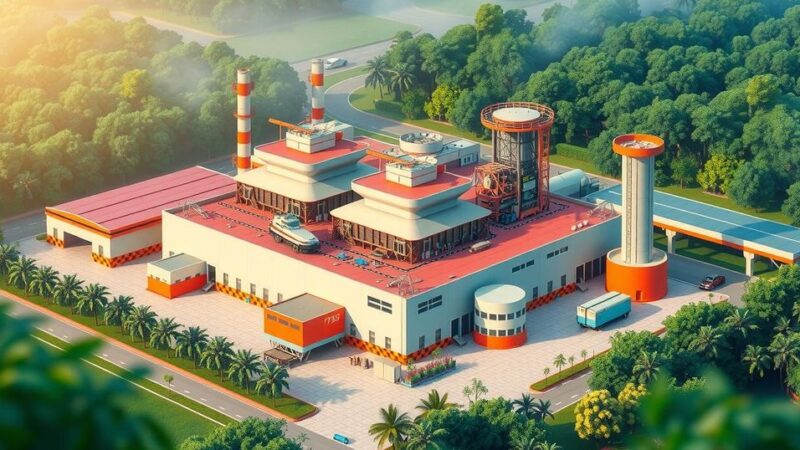President Trump is granting refugee status to white Afrikaners from South Africa through “Mission South Africa,” despite restricting entry for refugees from other regions. While Trump claims white South Africans face persecution, statistics contradict this narrative, and South African President Ramaphosa has challenged these assertions. Trump’s actions contrast with earlier executive orders limiting refugee admissions from war-torn countries.
President Donald Trump is extending refugee status to white Afrikaners from South Africa, despite imposing restrictions on individuals escaping conflicts in other regions. This initiative, termed “Mission South Africa,” aims to facilitate the relocation of white South Africans to the United States as refugees, as reported by The New York Times. In Pretoria, designated refugee processing centers have already received over 8,200 resettlement requests.
Trump has continually asserted that in the wake of apartheid, white South Africans, particularly Afrikaners—who stem from Dutch and French colonial backgrounds—have suffered persecution and unjust racial bias. His claims have received backing from Elon Musk, who, although not of Afrikaner descent, commented on the plight of South Africans during apartheid years, falsely alleging a scenario of “white genocide” and suggesting a daily threat to white farmers’ safety.
However, statistics contradict these assertions, demonstrating that white South Africans are not more prone to violent crime relative to other ethnic groups. Both Trump and Musk have focused on a newly implemented expropriations law that empowers the South African government to claim land under certain conditions, a law also seen as a redress for historical injustices faced by the Black majority since apartheid.
Despite white South Africans constituting only 7% of the population, they continue to own about three-quarters of the country’s land. Trump has responded to the expropriations law by signing an executive order that halts all U.S. funding to South Africa, condemning its land policies as severe human rights violations.
South African President Cyril Ramaphosa has countered Trump’s narrative, urging unity among South Africans and asserting that claims of racial persecution are unfounded. He emphasized the importance of not allowing external political discourse to exacerbate divisions within the nation.
Notably, Trump’s recent move to grant refugee status contrasts sharply with his earlier executive order that suspended the U.S. refugee admissions program, effectively prohibiting entry for persons fleeing war-afflicted nations such as Afghanistan, Congo, and Syria. Although this directive was challenged in court, it led to the termination of U.S. contracts with organizations aiding refugee applications.
In conclusion, President Trump’s initiative to offer refugee status to white Afrikaners raises significant ethical and political questions, especially given the simultaneous restrictions placed on refugees from conflict-ridden areas. This disparity in treatment highlights a provocative narrative surrounding racial dynamics in South Africa post-apartheid. While leaders like Cyril Ramaphosa contest these narratives, the implications of these actions reverberate through both nations’ socio-political landscapes, prompting discussions about historical injustices and present-day rights.
Original Source: www.thedailybeast.com






